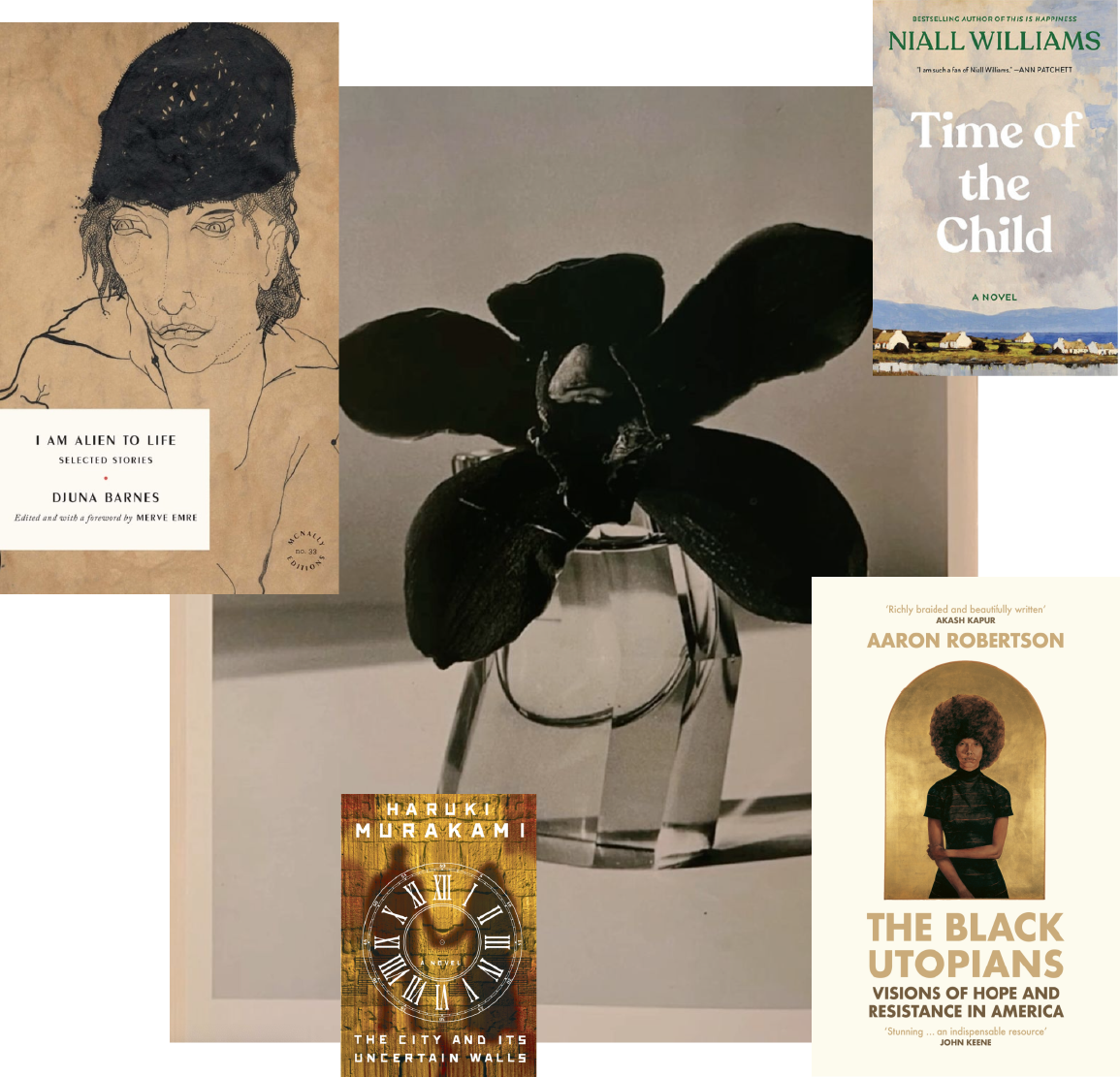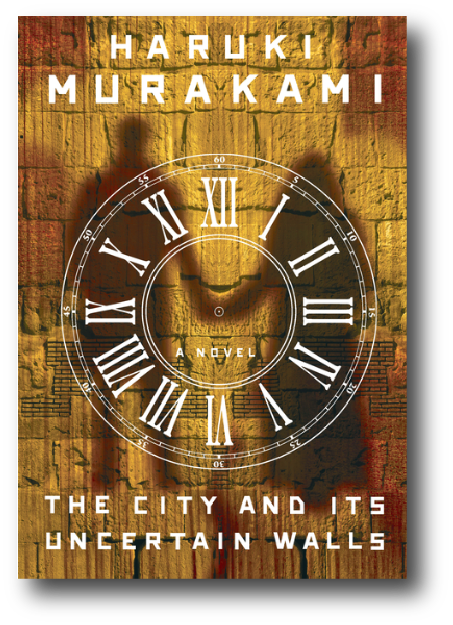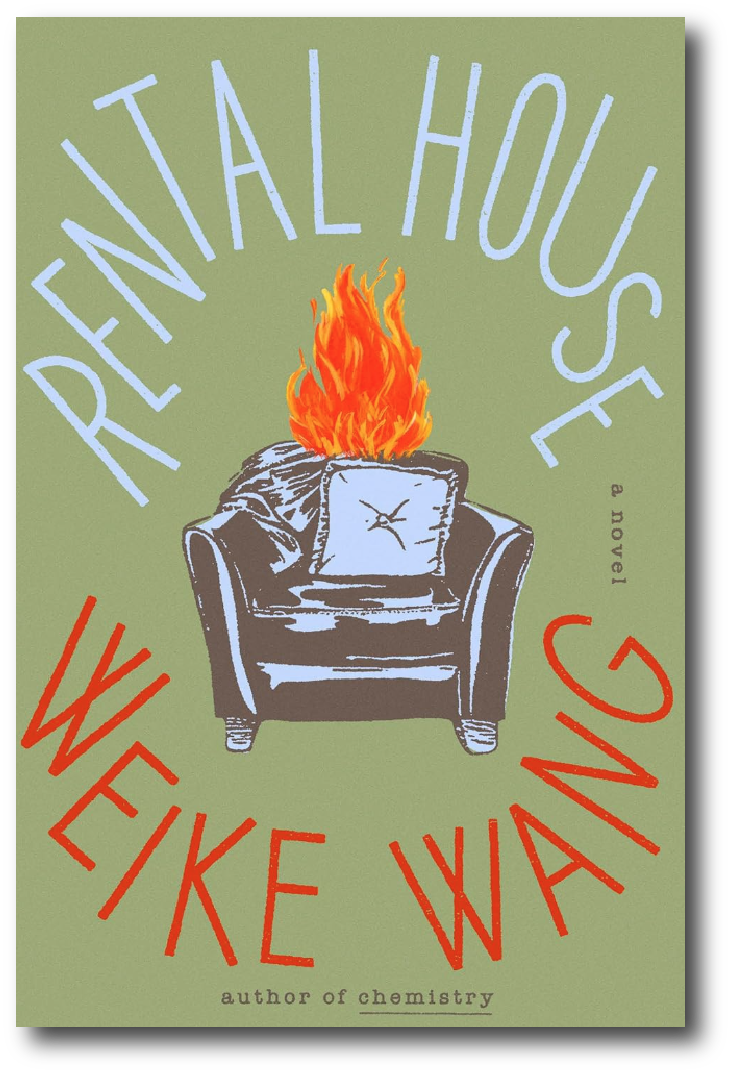Frightful as the weather may be, we still have December’s most revered books to plum through this holiday season. Click through to read bookshop.org’s full synopsis.
To share your literary opinions, email hello@pagesstudio.net
The Black Utopians by Aaron Robertson
’Extraordinary ... Through these explorations of specific utopias, Robertson grapples with grand ideas of religion, equality, society and Blackness. The result is an unforgettable history of seemingly impossible yet worthwhile dreams ... Unlike many other sweeping narratives of Black life in America, Robertson’s is concerned with life on the fringes, the less-explored but no less important avenues of survival ... Robertson expertly dissects the utopian impulse.’ - The Washington Post
Time of the Child by Niall Williams
‘Moving ... Heartwarming ... When I cried, it was because, with his careful and compassionate depictions of people, place and time, Williams reminds us of the humanity in all, of the vitality of a community that comes together, and of the power in revealing our vulnerabilities to others’ - The New York Times Book Review
I Am Alien to Life by Djuna Barnes
‘Barnes writes of her characters as if they were animals in the pages of a biology textbook, suddenly appearing in a dictionary of Greek gods . . . People are the worshipped or despised creations of a harsh mind. They become things with properties, diseases with symptoms, almost: they are made mythical as we read.’ - London Review of Books
‘Samantha Harvey, one of the most consistently surprising contemporary British novelists, becomes something like the cosmic artificer of our era with her slim, enormous novel Orbital, which imaginatively constructs the day-to-day lives of six astronauts aboard the International Space Station. Orbital is the strangest and most magical of projects, not least because it’s barely what most people would call a novel but performs the kind of task that only a novel could dare. It’s barely a novel because it barely tells a plotted set of human stories, and the stories it does tell barely interact with one another....But this minimal fictionality is not really the point; it’s merely the ransom paid to the genre in order to resemble the novelistic. The point is everything else: the almost unimaginable unworldliness of the situation ... The real point of Orbital is the demonstration of how a writer might capture this spectacular strangeness in language adequate to the spectacle. And how she might do so with fitting surplus, in ways that surpass the more orderly permissions of journalism and nonfictional prose. Harvey, writing like a kind of Melville of the skies, finds that fitting surplus again and again.’ - The New Yorker
The City and its Uncertain Walls by Haruki Murakami
‘Ghostbustlingly alive. I was moved by [Murakami's] portrait of impossible loss, how it can carve within us a Stygian underworld to which we are always being summoned. I even interpreted Murakami's stinting on fictional norms as an attempt to more directly represent the self-exiling quality of melancholic grief’ - The New York Times
The Mighty Red by Louise Erdrich
‘Flexes through an emotional range that most writers would never dare attempt ... Humor and sorrow are fused together like twined tree trunks that keep each other standing ... Erdrich is so good at romantic comedy, with her special blend of Austen sense and Ojibwe sensibility. As the funny scenes flow one after another, you may not even notice the stray drops of blood scattered along the novel’s margins ... As usual when closing a book by Louise Erdrich, I’m left wondering, how can a novel be so funny and so moving? How can life?’ - The Washington Post
‘Rueful and tender ... Wang is an exquisite practitioner of deadpan, and her dialogue is full of laugh-aloud zingers. But she also uses humorous insights to pierce the outer shell and plunge into themes of loneliness and despair ... Throughout Wang’s three works of fiction, one discerns the same singular wit and interrogation of mores about gender, ethnicity and income disparity. But here she is at her most poignant and penetrating.’ - The Los Angeles Times
CONTRIBUTE
hello@pagesstudio.net
New York, London, Melbourne, Auckland.
Selected by the Editor.
After years away from her family’s homeland, and reeling from a disastrous love affair, actress Sonia Nasir returns to Haifa to visit her older sister Haneen. This is her first trip back since the second intifada and the deaths of their grandparents: while Haneen made a life here commuting to Tel Aviv to teach at the university, Sonia stayed in London to focus on her acting career and now dissolute marriage. On her return, she finds her relationship to Palestine is fragile, both bone-deep and new.
At Haneen’s, Sonia meets the charismatic and candid Mariam, a local director, and finds herself roped into a production of Hamlet in the West Bank. Sonia is soon rehearsing Gertude’s lines in classical Arabic and spending more time in Ramallah than in Haifa, along with a dedicated group of men from all over historic Palestine who, in spite of competing egos and priorities, each want to bring Shakespeare to that side of the wall. As opening night draws closer it becomes clear just how many violent obstacles stand before a troupe of Palestinian actors. Amidst it all, the life Sonia once knew starts to give way to the daunting, exhilarating possibility of finding a new self in her ancestral home.
A stunning rendering of present-day Palestine, Enter Ghost is a story of diaspora, displacement, and the connection to be found in family and shared resistance. Timely, thoughtful, and passionate, Isabella Hammad’s highly anticipated second novel is an exquisite feat, an unforgettable story of artistry under occupation.
Synopsis by Goodreads.









